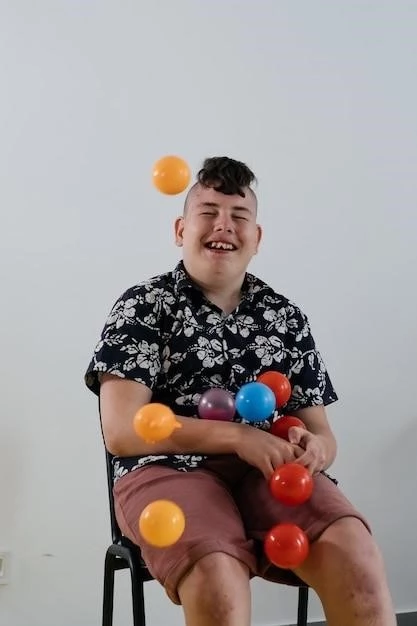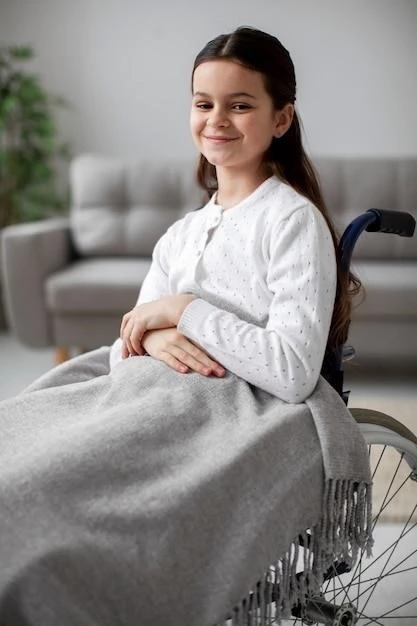Richieri-Costa-Silveira-Pereira Syndrome (RCSPS) is a rare genetic disorder characterized by distinctive physical features such as short stature, Robin sequence, cleft mandible, and hand anomalies.
Definition and Characteristics
Richieri-Costa-Silveira-Pereira Syndrome is a rare genetic disorder characterized by short stature, Robin sequence, cleft mandible, pre/postaxial hand anomalies, and clubfoot. It follows an autosomal recessive inheritance pattern.
Genetic Basis of Richieri–Costa–Silveira–Pereira Syndrome
Richieri-Costa-Silveira-Pereira Syndrome is a rare autosomal recessive disorder with distinct genetic mutations leading to its characteristic physical features.
Autosomal Recessive Inheritance Pattern
Richieri-Costa-Silveira-Pereira Syndrome follows an autosomal recessive inheritance pattern, meaning that both parents must carry a copy of the mutated gene to pass it on to their child.
Clinical Features of Richieri–Costa–Silveira–Pereira Syndrome
Richieri-Costa–Silveira–Pereira Syndrome presents a unique set of clinical features, including short stature, Robin sequence, cleft mandible, and hand anomalies along with clubfoot and other distinct physical characteristics.
Physical Manifestations
The physical manifestations of Richieri-Costa-Silveira-Pereira Syndrome include short stature, Robin sequence, cleft mandible, pre/postaxial hand anomalies, clubfoot, microstomia, micrognathia, and abnormal fusion of the mandible.

Diagnosis and Genetic Testing for Richieri–Costa–Silveira–Pereira Syndrome
Diagnosis of Richieri-Costa-Silveira-Pereira Syndrome involves clinical evaluation, imaging studies, and genetic testing to confirm the presence of specific mutations associated with the condition.
Methods and Approaches
Diagnosis of Richieri-Costa-Silveira-Pereira Syndrome involves a combination of clinical evaluation, imaging studies like X-rays and MRIs, and genetic testing, including molecular techniques to identify specific mutations.
Management and Treatment of Richieri–Costa–Silveira–Pereira Syndrome
Management of Richieri-Costa-Silveira-Pereira Syndrome involves a multidisciplinary approach focusing on addressing the specific physical and developmental challenges experienced by individuals with the condition.
Multidisciplinary Care
Multidisciplinary care for individuals with Richieri-Costa-Silveira-Pereira Syndrome involves a team of specialists including geneticists, pediatricians, orthopedic surgeons, speech therapists, and psychologists focusing on customized treatment plans to address the complex needs associated with the syndrome.
Prognosis and Complications Associated with Richieri–Costa–Silveira–Pereira Syndrome
Patient Support⁚ Richieri-Costa-Silveira-Pereira Syndrome entails challenges such as microstomia, micrognathia, and mandibular anomalies, potentially impacting long-term health outcomes.
Potential Health Challenges
In individuals with Richieri-Costa-Silveira-Pereira Syndrome, potential health challenges include issues such as microstomia, micrognathia, abnormal fusion of the mandible, and other associated anomalies that may impact the overall health and quality of life.
Research and Advancements in Understanding Richieri–Costa–Silveira–Pereira Syndrome
Recent research on Richieri-Costa-Silveira-Pereira syndrome focuses on understanding the genetic basis, clinical manifestations, and potential treatments for this rare genetic disorder.
Recent Studies and Findings
Recent studies on Richieri-Costa-Pereira syndrome have focused on expanding the phenotypic and genotypic spectrum of this rare autosomal recessive acrofacial dysostosis, shedding light on its clinical manifestations and genetic underpinnings.

Support Resources for Individuals and Families Affected by Richieri–Costa–Silveira–Pereira Syndrome
Support organizations and counseling services offer invaluable assistance to individuals and families facing challenges associated with Richieri-Costa-Pereira Syndrome, providing emotional support, education, and resources for better management of the condition.
Patient Organizations and Counseling Services
### No new specific data available for this section ###
